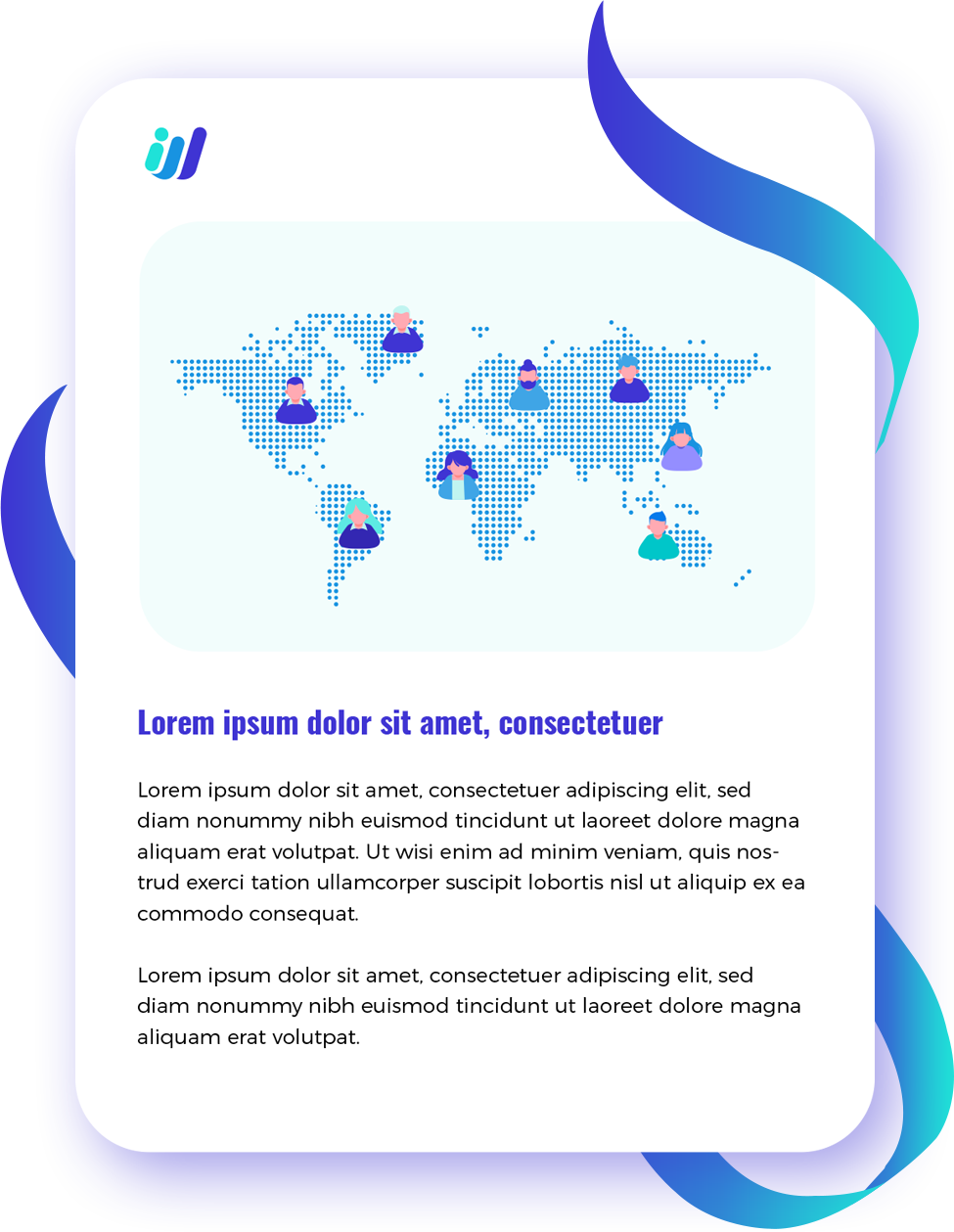The outsourcing industry is experiencing significant growth, driven by the need for companies to streamline operations and reduce costs. Meta plans to lay off 10,000 workers in addition to the 11,000 it has already cut; and nearly 15,000 jobs in British retail have been eliminated since the beginning of the year.
With layoffs and job eliminations becoming more common, businesses are turning to outsourcing to maintain momentum and regain growth. Although businesses have identified the need to downsize for commercial reasons, they will want to maintain momentum. Firms can regain growth by outsourcing for the interim and long term. However, for outsourcing to be successful, effective communication and collaboration are crucial.
Traditionally, businesses have outsourced technology, payroll, and recruitment departments, but Forbes predicts the trend will extend to senior finance leadership, marketing, and more general business operations. Cycling brand Zwift, for example, recently announced 15% cuts to its workforce, largely affecting marketing and HR. Tech firm Atlassian is cutting staff to improve talent acquisition, program management, and research.
In filling their resource gaps, downsized companies may get their outsourcing wrong if they focus too much on KPIs (key performance indicators) and SLAs (service level agreements). For a shared vision based on trust, company culture and values must be aligned.
It is important to treat outsourced team members the same as internal employees.
Treating outsourced team members the same as internal employees is another key aspect of successful outsourcing. Richard Skellett founded Globalution Group of consultancies, which provide outsourced solutions in IT, recruitment, research, training, marketing, and people management. Skellett was consulted by two large British city councils this month regarding the failure of two long-term, big-ticket outsourced contracts. Clear communication, operational oversight, and a strong culture and values match are necessary for effective outsourcing.
Having a poor culture fit can lead to misunderstandings and conflict that delay project delivery and negatively affect quality. Skellett says it’s important that everyone is on the same page. Outsourcing can only be effective when there is clear communication, operational oversight, and a strong culture and values match. Including outsourced partners in team communication tools and setting expectations for status updates, urgent requests, and response times promotes collaboration and ensures seamless integration.
Maintaining Communication With Outsourced Teams
Maintaining communication with outsourced teams is vital. Participating in team status meetings and company-wide meetings allows for efficient onboarding, reduces ramp-up time, and fosters a collaborative environment where questions can be asked, and ideas can be shared.
Skellett’s mutable model fits well with the current demand for remote and flexible work, which has clear benefits for both employees and companies, but can be problematic when outsourced talent is not properly integrated. Kelly Lawler, vice-president of sales at WorkReduce, a US-based firm that provides interim or long-term marketing services to both brands and agencies, says that.
Advertising agency networks such as WPP noted in their Q3 2022 trading update an increase in contingent workers to protect clients from inflationary pressure, but clients felt misaligned when expectations were not met.
To get the best results, Lawler recommends treating outsourced team members the same as internal staff to encourage collaboration and boost morale. Taking part in team status meetings, and company-wide meetings, depending on the situation, is part of this responsibility.
It is often the verbal nuances of a discussion that are missed in meeting summaries. Participating in meetings will lead to an efficient onboarding process, reduce ramp-up time, and allow them to ask questions and brainstorm with their colleagues.
You will get the best results from your external talent if you provide them with access to the relevant systems.
The way companies work with outsourced teams has improved over the past three years, according to Lawler. Remote work has made it easier to incorporate outsourced talent, and the process has become more efficient as a result. Moreover, she points out that the pandemic has accelerated this trend, with more companies investing in automation, process documentation, and effective communication tools.
Designing and Operating Outsourced Teams in a New Way
In the past few years, multinational corporations such as Unilever have outsourced IT and HR to companies like IBM, HP and Accenture in long-term, multimillion-pound deals. Studies have outlined how the business determined which functions to outsource so that it could focus on strengthening its competitive edge. To ensure a successful collaboration, it ensured close interaction between internal and external teams.
Employers And Employees Want A Flexible Relationship
Lawler and Skellett highlight the potential pitfalls of outsourcing, but they also shed light on a creative and innovative approach adopted by Unilever to address resource gaps. Unilever’s U-Work initiative provides a unique solution that allows current and former employees to seamlessly transition across projects as required, effectively plugging skills gaps and promoting diversity within the organization.
The U-Work program offers several advantages to both Unilever and its employees. Firstly, it enables Unilever to tap into the expertise and knowledge of its existing talent pool, maximizing their potential and ensuring their skills are utilized to the fullest extent. By allowing employees to move across projects, Unilever can effectively match their skills and experience to specific needs, optimizing the allocation of resources.
Additionally, U-Work contributes to increased diversity within the organization. By enabling employees to work on various projects, they gain exposure to different teams, departments, and business areas. This exposure not only enhances their professional development but also promotes cross-pollination of ideas and perspectives within the organization. The diverse experiences gained through U-Work contribute to a more dynamic and innovative work environment.
The U-Work program also offers benefits to the employees themselves. In addition to their monthly retainer and project fees, employees participating in U-Work continue to accumulate annual and sick leave. This ensures that they receive the necessary benefits and support typically associated with regular employment. Moreover, the program provides flexibility for individuals as they are not considered permanent employees. This means that U-Work participants can choose to work for themselves or explore opportunities with other companies while still contributing to specific projects for Unilever.
The U-Work initiative demonstrates Unilever’s commitment to maintaining a skilled and diverse workforce while effectively managing resource gaps. By leveraging the capabilities of their current and former employees, Unilever ensures that valuable knowledge and expertise are retained within the organization. The program also aligns with the evolving nature of work, offering flexibility and opportunities for individuals to pursue their career aspirations while contributing to Unilever’s success.
Conclusion
Effective communication and collaboration are pivotal in the successful outsourcing of talent. Companies must prioritize aligning their vision, values, and culture with their outsourcing partners. Treating outsourced team members as part of the organization, maintaining regular communication, and providing access to relevant systems all contribute to seamless integration and optimized performance. With careful attention to communication and collaboration, businesses can harness the full potential of outsourced talent and drive success in their operations.
Let us help you find top talents in IT, technical support, digital marketing, and cloud services so you can leverage all the benefits of outsourcing in the new normal. Request a FREE copy of the e-book on Third Wave Outsourcing .



